Recording: Surgical training - Is digital tech here to stay?
Surgical training: Is digital tech here to stay?
Organised by The Global Surgery Foundation (GSF), the Royal College of Surgeons in Ireland Institute of Global Surgery (RCSI IGS), and the United Nations Institute for Training and Research (UNITAR).
In this event, we presented the UN Global Surgery Learning Hub as an upcoming initiative. Learn more and register your interest to join here.
Watch event recording
Background
The COVID pandemic accelerated the growth of digital technologies and e-learning in surgical training. While many hospitals and training centres have embraced these approaches, challenges remain in choosing the most appropriate technologies and ensuring equitable and even access for all trainees, especially in resource-limited settings.
From the trainee’s perspective, e-learning and digital technology has never been more available, and from such a wide range of content-providers. According to WHO, e-learning holds the potential to lower the cost of education and bridge knowledge and capacity gaps among health workers. But navigating online content can have its challenges for both training centres and trainees. Some of the barriers identified include lack of infrastructure and familiarity with the technology, interrupted internet access and reduced synchronous interactions.
Join us and learn more about the best practices in the use of technologies to support surgical training, how to identify further opportunities for their application, and how to integrate them to strengthen existing training programmes.
Agenda
Speakers
Mr. Nikhil Seth, United Nations Assistant Secretary-General, Executive Director, UNITAR
Dr. Andrea Parker, Consultant Surgeon and Assistant, Program Director, General Surgery Residency, Tenwek Hospital, Bomet, Kenya, Clinical Assistant Professor of Surgery, Brown University
Dr. Mercy Mitei, General Surgery Resident, PAACS- COSECSA, Tenwek Hospital, Bomet, Kenya
Dr. Julie Torode, Visiting Researcher, Global Oncology Group, Institute of Cancer Policy, Kings College London
Dr. Arnold Sakala, Zambian Ministry of Health
Ms. Kimmy Coseteng-Flaviano, Vice-President, South-East Asia, Smile Train
Dr. Ester Njoroge-Muriithi, Senior VP, Global Medical, Programs, Smile Train
Mr. Eric O’Flynn, Programme Director, Education, Training & Advocacy, Royal College of Surgeons in Ireland
Dr Geoff Ibbotson, Senior Health Advisor, UNITAR, Executive Lead,Global Surgery Foundation
Guiding questions
What roles can digital technology and e-learning play in surgical training?
What are the key challenges and opportunities for technology in global surgery?
How do we ensure inclusivity and sustainability of technology in global surgery?
Event objectives
Raise awareness on the use of technologies to enhance surgical training, particularly in low resource settings;
Offer a venue for knowledge sharing and discussion on best practices for the use of technologies to support and/or improve surgical training;
Promote a learning atmosphere and establish a strong network which can be utilized after the event.
Learning objectives
Understand the potential and limitations of technologies to support / enhance / improve surgical training;
Identify new opportunities for integrating technologies to strengthen surgical training;
Be mindful of the challenges of digital technology and e-learning;
Expand networks and identify partners with expertise to assist in technologies for training.
Target audience
Surgeons, trainers, civil society, government officials and personnel from non-profit and private sectors who work on, are impacted, or interested in learning more about surgical training and best practices for innovative technologies and health systems strengthening.
This event was organised as a collaboration by
Resources
Join the UN Global Surgery Learning Hub
Follow us on social media to get the latest on this event and global surgery!




